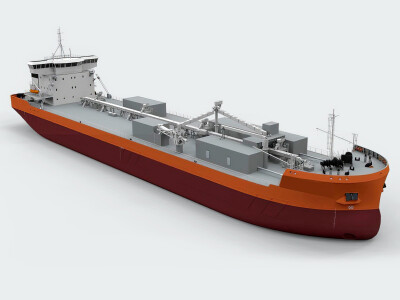About three years ago, before hydraulic fracking took off, crude oil shipments from the Midwest to the Gulf via barge were almost nonexistent. By the end of 2013, however, volumes were close to 5 million bbls. per month.
Barge companies like American Commercial Lines saw opportunity. ACL invested $69 million in 35 new tank barges in 2012 and another $38 million in 2013. At the time, ACL’s CEO Mark Knoy said that with tank barge capacity in tight supply, the company was confident that it would quickly “realize the new earnings benefit of the new tank barges.” He was correct.
Trinity Marine Products also jumped in, adding more production slots at one of its tank barge facilities and converting its Caruthersville, Mo., hopper barge construction facility so it could build more 10,000-bbl. tank barges. Last year, new tank barge deliveries in hit a record high of 344, topping 2013’s 336, according to River Transport News.
But all this tank barge construction had Walter Blessey worried two years ago. The barge market was in equilibrium, but barge building was accelerating at a steady pace. Blessey, CEO of Blessey Marine Services, said at the time that the tank barge market could become overbuilt by 2014 or 2015. We are now starting to see what Blessey predicted back in 2013. With that, many expect new tank barge construction to finally soften.
ACL and Kirby saw earnings from crude movements jump (Kirby reported record earnings in 2014), but Blessey stayed away and his company still posted its best year ever in 2014. He saw the demand for barges as a result of fracking as temporary. “We are spot players, and we stayed away and didn’t chance it. And now those that did are seeing barges turned back.”
Golding Barge Line also decided not to jump on the fracking bandwagon. “Crude and fracking are volatile,” Austin Golding said. “We needed to stay with trade lines that were established.”
As Blessey and Golding have proven, there is nothing wrong with sticking with what they know best and their long-term customers.




